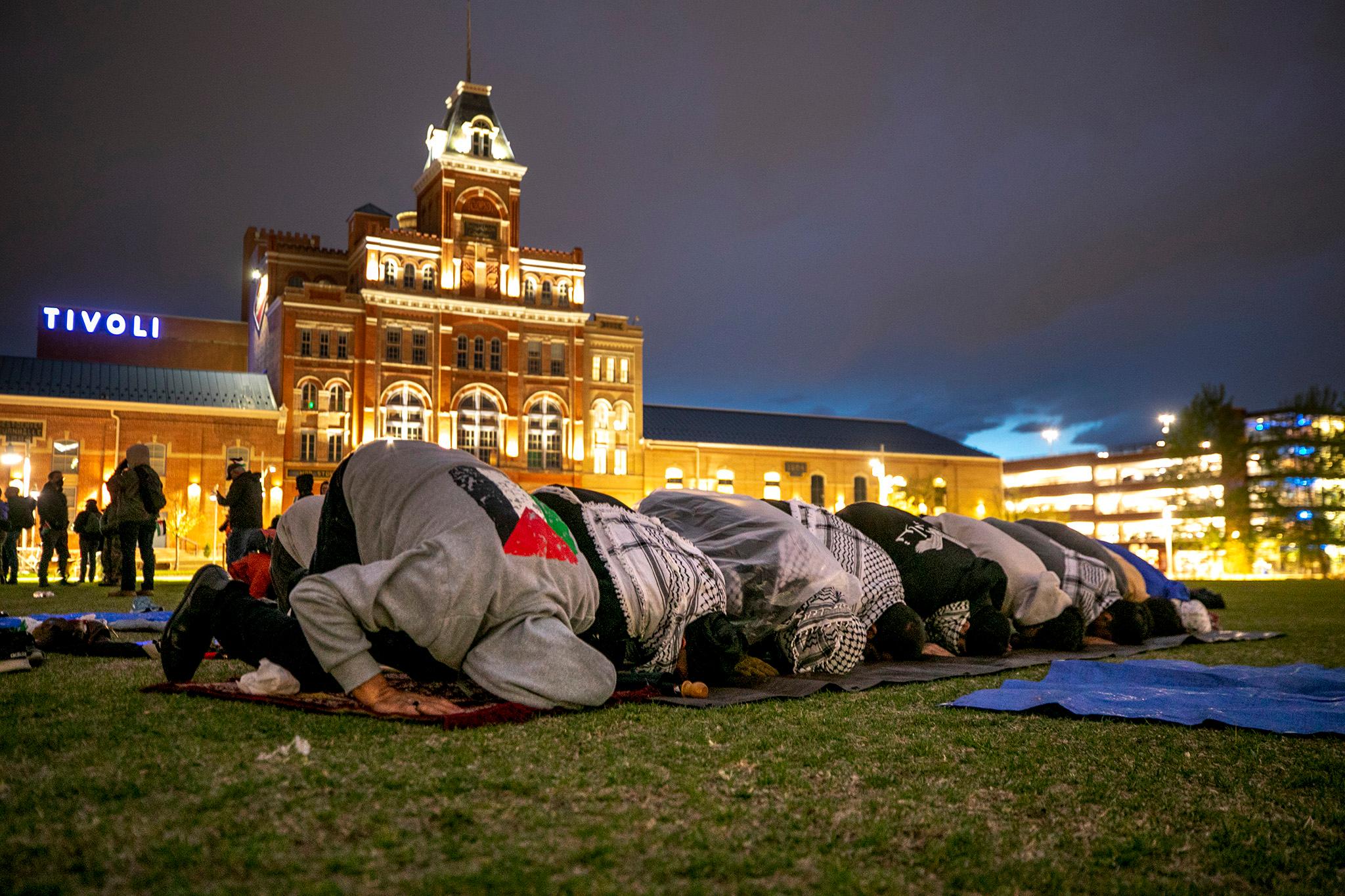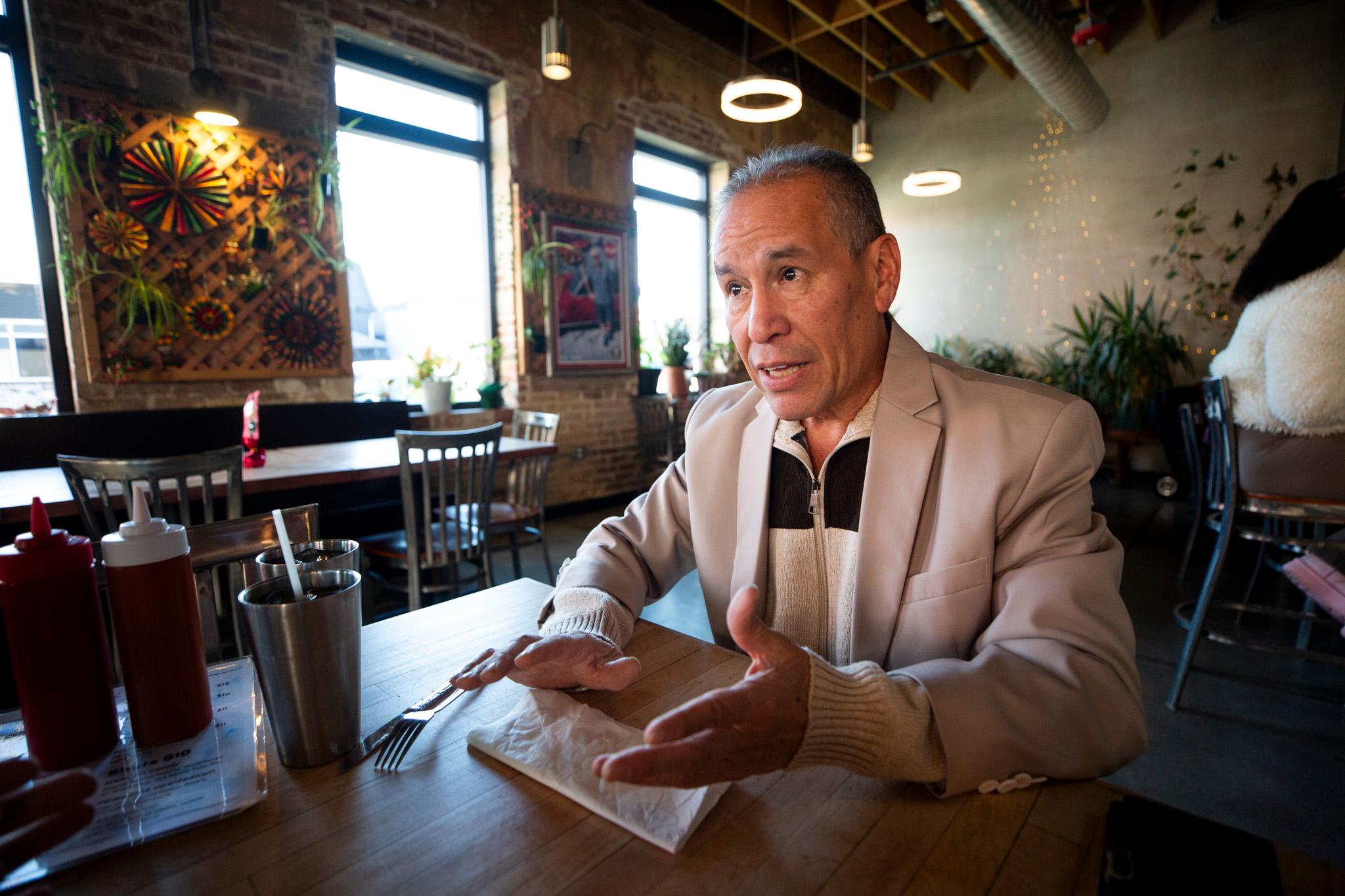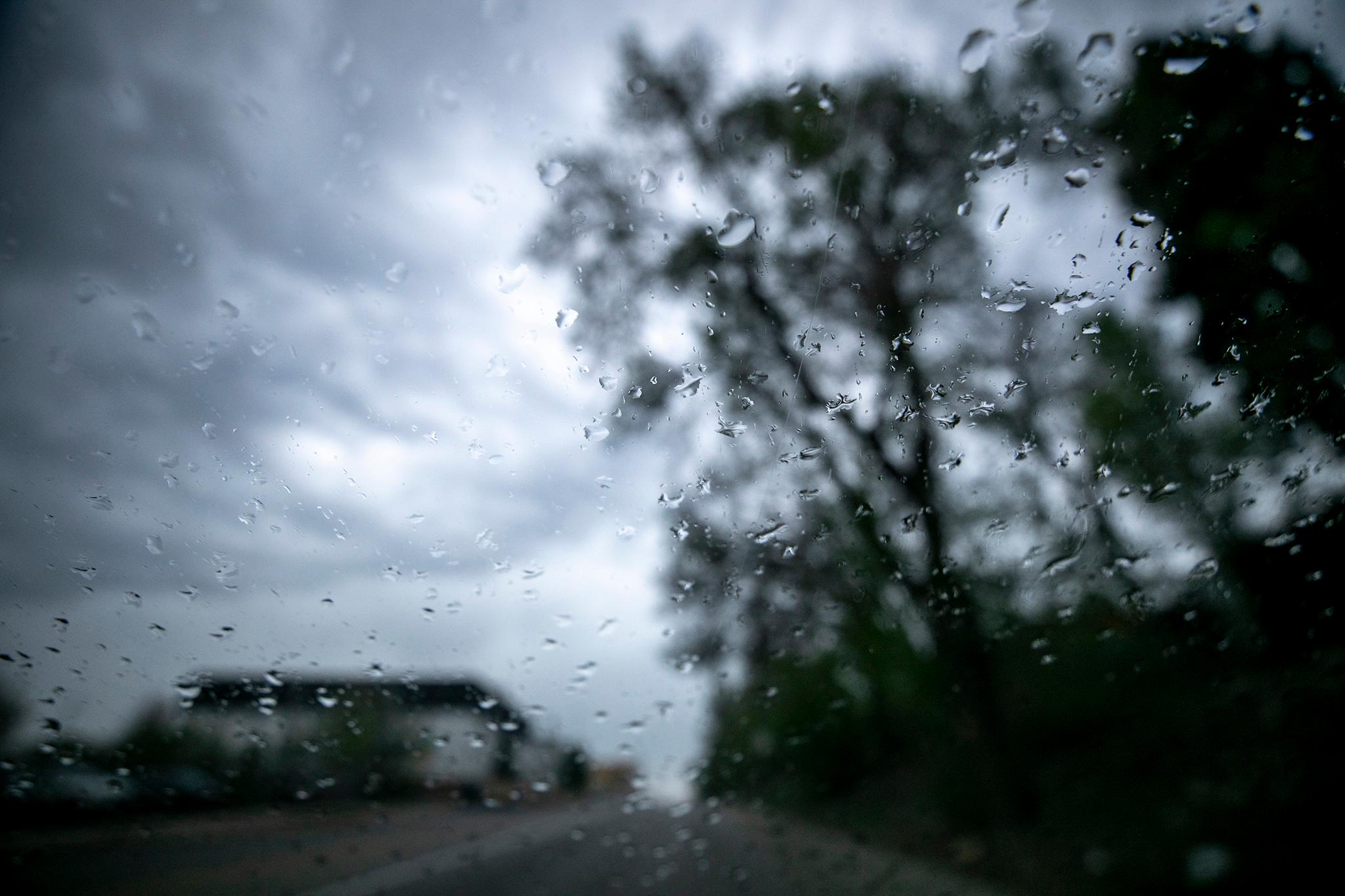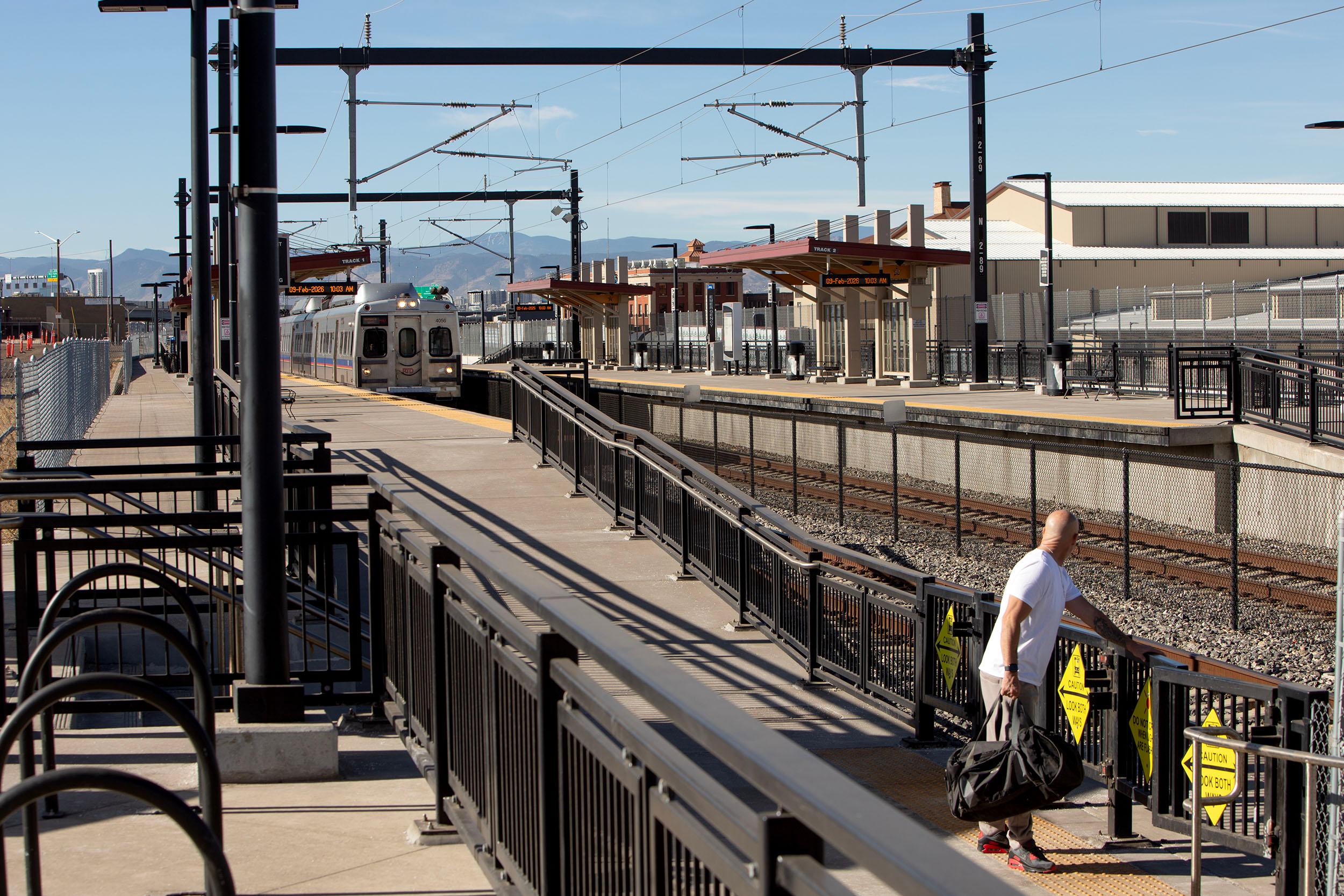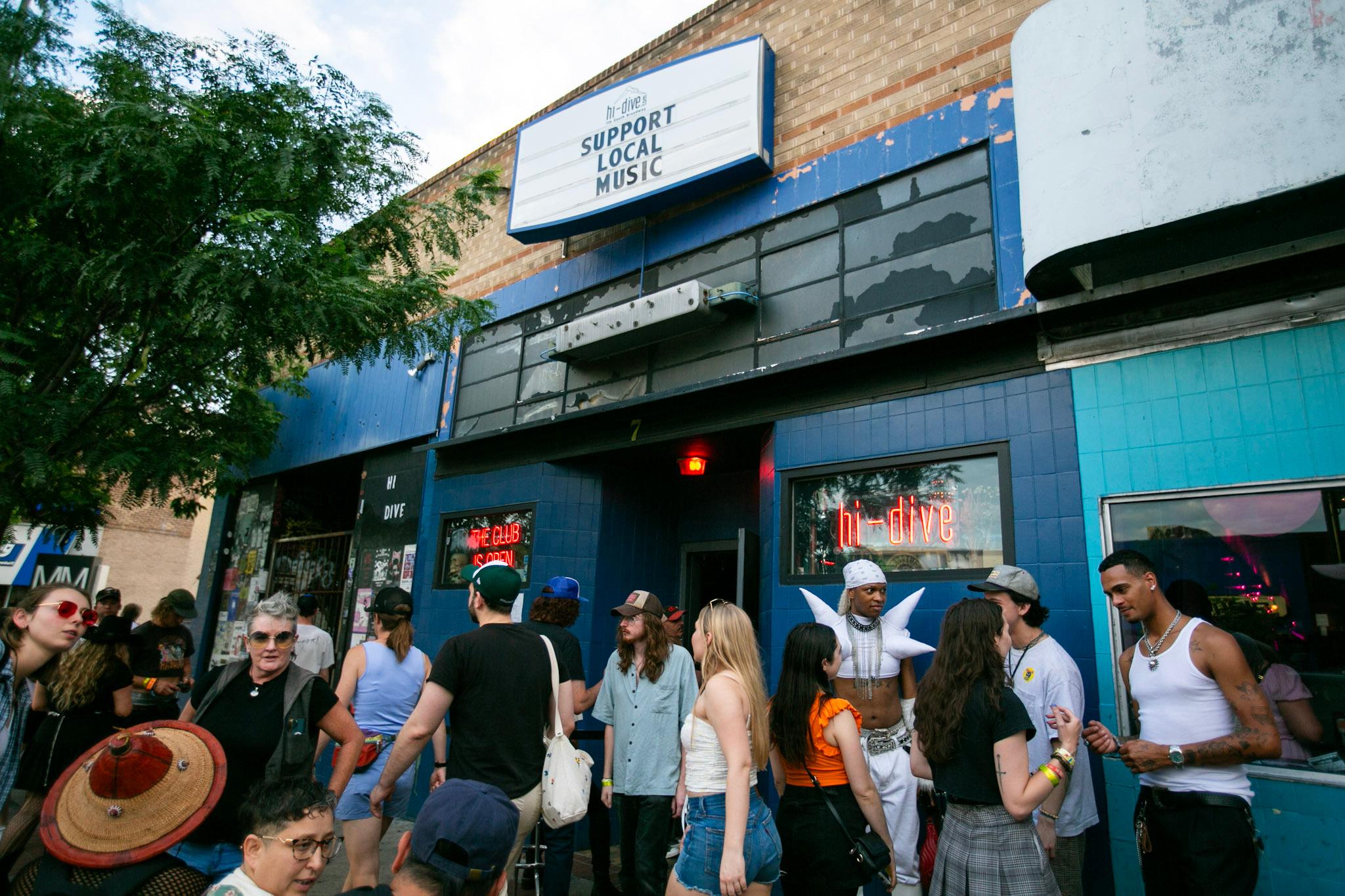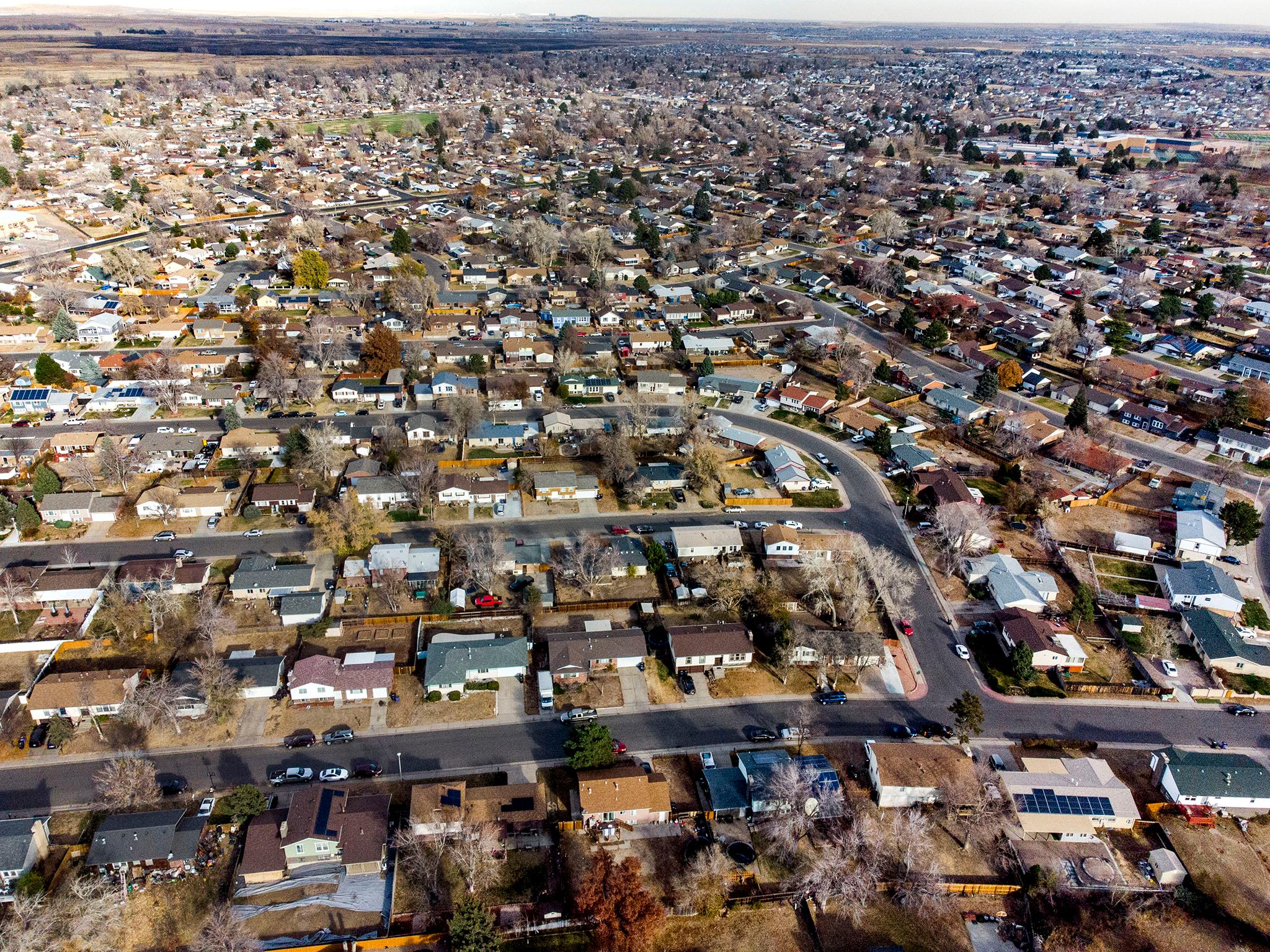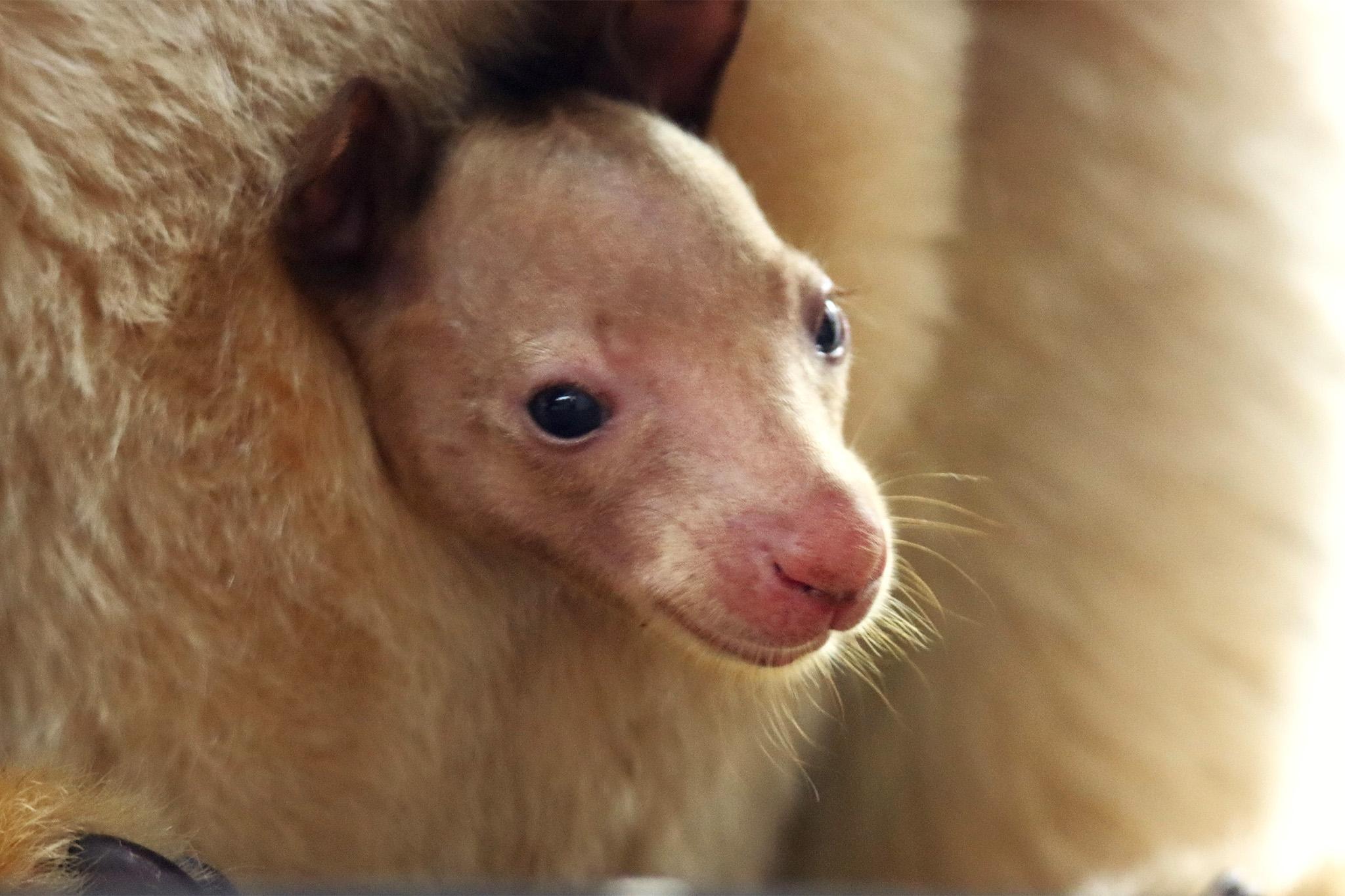It’s been about three months since pro-Palestinian protesters ended their anti-war camp at the Auraria campus in Denver, but trials for some of those arrested during the demonstration are just getting started.
In late April, several dozen students who attended the Auraria campus’ three universities — the University of Colorado Denver, Metropolitan State University of Denver and the Community College of Denver — set up camp on the Tivoli Quad. Alongside some local community members, the protesters joined a nationwide movement of college students protesting the war in Gaza, which began in October when Hamas killed more than 1,000 Israelis and abducted more than 200 others. Tens of thousands of Palestinians in Gaza have been killed by Israel’s counterattack.

Early on in the camp’s lifespan, several law enforcement agencies, including Denver police and sheriff’s deputies, were called to disperse the campus protest. More than 40 protesters were arrested and charged with trespassing. About half of those arrested were students, and at least three were professors.
Students and professors are facing disciplinary actions
Alex Boodrookas, a professor who teaches Middle Eastern history, was one of the people police arrested. He was leaving a faculty meeting when he and other professors saw police at the camp.
“We freaked out. We were extremely concerned about student safety just because anytime you call the police to a peaceful situation, you risk escalation, you risk violence,” Boodrookas told Denverite. “So we were afraid for the safety of our students and three of us sat down with them and we were eventually arrested and we're currently charged.”
Boodrookas, whose jury trial begins Wednesday, said prosecutors later added one charge of failure to obey a police officer. If found guilty, he may face up to a year in jail and a fine of up to $100,000.
Boodrookas said he thought there would be a chance that prosecutors drop the charges similarly to what has happened for larger, more high-profile protests, like Columbia University, but that hasn’t happened.
“I'm baffled by being charged with trespassing when I was on my own campus in the middle of the day, on a school day, about a minute's walk from my office,” he said.
Boodrookas did not join the protest full time, like many students and community members did. As a professor of modern history in the Middle East, he felt compelled to defend students seeking to raise awareness about the conditions in Gaza. He said he’s spent his career pushing back on misconceptions surrounding conflicts in the Middle East and the suppression of student protests only makes his job harder.
While Boodrookas said he isn’t facing repercussions from his current employer, but worries a criminal record would impact the future of his career.
“It's been a McCarthy-esque environment in the Middle East studies [industry] the past 10 months,” he said.

Auraria campus officials have said that they support free speech, but they have maintained the anti-war camp and those arrested were in violation of its longstanding camping ban, which was introduced shortly after a similar anti-war camp in 2003. A total of 80 individuals were arrested or issued summons for trespassing through the camp's timeline.
“During the April and May 2024 encampment, protestors’ tactics escalated several times beyond peaceful protests with evidence of trespassing, biohazard threats, blocking city roads, and vandalism on the Auraria Campus,” a campus spokesperson said via email.
Khalid Hamu, a CU Denver student who was one of the primary organizers of the camp, is facing similar charges. He said in addition to facing similar charges as Boodrookas, his participation in the protest also triggered a “student disciplinary process,” which resulted in being put on probation.
“I think it's a punishment for standing on the side of justice,” Hamu said. “I think it's a punishment for being disgusted at the actions of university administration and stuff like that, and then clamping down on just the easiest targets and whatnot.”
Future protests at Auraria are possible, and are kicking off once again nationwide
Protesters demanded that university administrators from all three campuses and the University of Colorado system take several actions in relation to the ongoing war in Gaza, including issuing statements in opposition to violence against Palestinian people and severing financial ties to military contractors operating in Israel.

Those demands went largely unmet. Protesters received minor concessions from MSU Denver, in the form of the university agreeing to disclose its investments, but the group’s largest demands were never acknowledged by governing bodies.
That lack of action from campus officials has some students feeling antsy. Auraria’s Students for a Democratic organized one pre-semester march last week, and more protests are planned.
“We have a rally [Wednesday], probably more rallies to come and stuff like that, but yeah, [we] still have a campaign ongoing and we'll be taking positive actions to see change,” Hamu said.
Meanwhile, colleges nationwide are bracing for further pro-Palestine protests as students return to campus. Anti-war actions have already begun at some institutions. In one prominent example from the University of Michigan, student activists won control of the student government and have refused to fund campus clubs unless their demands are met.

